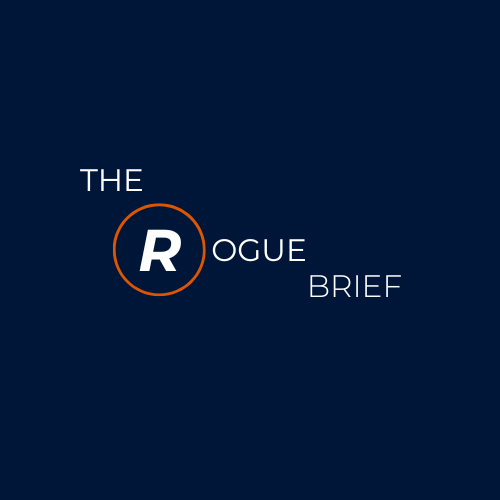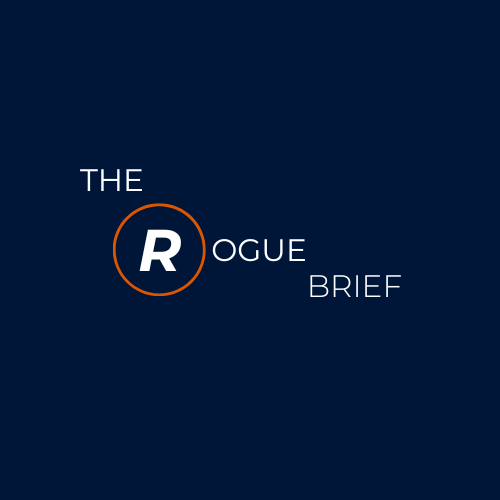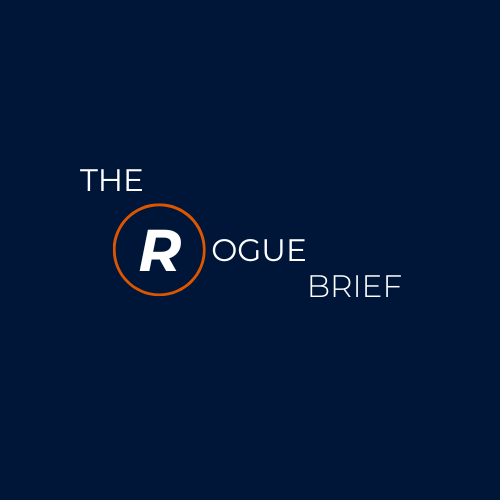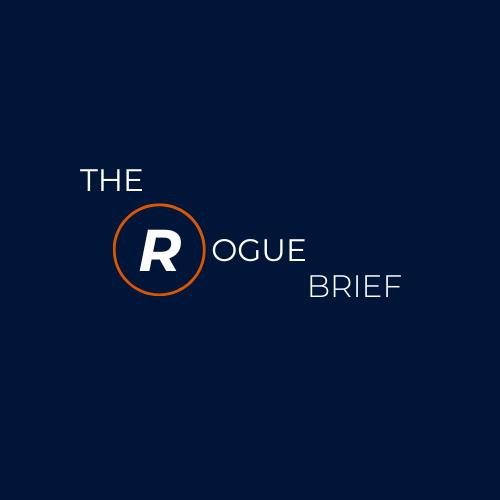Hunter Biden's YouTube Interview: Strategic Timing or Family Defense?
Hunter Biden spent 3 hours on YouTube. The coverage is focusing on his rants. I'm focusing on the strategy. Why this platform? Why this timing? Why now?

The Former President's son just spent three hours unfiltered with a controversial YouTuber. Here's what the coverage is missing.
Hunter Biden spent over three hours yesterday telling YouTube's Channel 5 audience exactly what he thinks about George Clooney ("Fuck him!"), his father's disastrous debate performance (Ambien was involved), and his own crack cocaine addiction (he learned to make his own). The interview dropped Monday as Trump's deportation machine hits full stride and political theater reaches peak absurdity. Coincidence? Let's break this down.
What We Know For Sure
The interview with Andrew Callaghan was posted July 21, 2025, running over three hours of remarkably unguarded conversation. Here are the verifiable highlights:
The George Clooney Explosion: Hunter unleashed a profanity-laced tirade against the actor over his op-ed calling for Joe Biden to step aside, saying "Fuck him and everybody around him. I don't have to be fucking nice... What right do you have to step on a man who's given 52 years of his fucking life to the service of this country"
The Debate Revelation: Hunter claimed his father was taking Ambien before the June 2024 debate that tanked his presidency: "He's 81 years old. He's tired as (expletive deleted). They give him Ambien to be able to sleep. He gets up on the stage, and he looks like he's a deer in the headlights"
Addiction Details: Hunter opened up extensively about his crack cocaine use, saying he "learned how to make my own" because buying it on the street was too dangerous, while claiming he's been sober since June 2019
Trump Deportation Rant: Hunter also lashed out at Trump's deportation efforts, saying "I say, f*ck you! How are we getting those people back from fucking El Salvador?" and claimed he would "invade" El Salvador if he were president
The Missing Context
Here's what most coverage isn't mentioning: Andrew Callaghan isn't just any YouTuber. In January 2023, multiple women accused the Channel 5 host of sexual misconduct and coercion. Callaghan apologized and said he was entering therapy and Alcoholics Anonymous. His professional relationships collapsed - HBO producers Tim Heidecker and Eric Wareheim cut ties, saying they "believe these women" and "totally condemn the type of behavior that Andrew's being accused of".
Channel 5 went dark for nine months before returning in October 2023. So Hunter Biden chose to sit down with someone whose brand was built on gonzo journalism but whose reputation was severely damaged by serious allegations. That's... an interesting choice. I personally have watched some of Andrew's content but cannot condone any of his actions.
Pattern Recognition
Ever notice how these "raw" moments happen right when something else is dominating the news cycle?
Trump's deportation machine is currently running massive operations across the country, with ICE conducting its largest immigration crackdown ever, involving over 5,000 personnel from multiple federal agencies. By June 2025, reports showed non-criminal ICE arrests jumped 800% since April, and Congress just approved billions in additional ICE funding.
Meanwhile, despite the dramatic imagery, Trump is actually deporting fewer people per month than Obama did at his peak - about 14,700 monthly compared to Obama's 36,000 in 2013. The Trump administration is prioritizing "optics over outcomes," as one analysis put it.
So Hunter Biden's unhinged three-hour therapy session drops right as the news cycle is focused on deportation raids and economic disruption. The timing creates a perfect distraction - instead of discussing policy effectiveness, we're debating whether George Clooney deserves to be called "not a fucking actor."
What This Actually Means
This interview reveals something important about how political narratives work in 2025. Traditional media gatekeepers have lost control, and controversial figures on both sides are going directly to alternative platforms to control their stories.
Hunter's choice of Channel 5 is strategic in ways that might not be obvious. Despite Callaghan's personal controversies, his audience skews young, politically engaged, and skeptical of mainstream narratives. These are exactly the people who might be sympathetic to Hunter's "I'm a flawed human being dealing with addiction while my family gets attacked" framing.
The substantive revelations - particularly about the Ambien and debate prep - should be major stories. If accurate, Hunter's account suggests the Biden team knew their candidate was struggling but went ahead with high-stakes debate anyway. That's a much bigger story than his feelings about George Clooney.
But here's the pattern: Hunter frames himself as the protective son defending his father against unfair attacks, while simultaneously providing ammunition that could damage his father's legacy. It's political theater that serves multiple purposes - generating sympathy, controlling narrative, and giving critics new material to work with.
The Bigger Picture
We're watching the complete fragmentation of how political communication works. Instead of carefully managed interviews with major networks, controversial figures are choosing platforms where they can speak unfiltered for hours. The trade-off is less credibility but more authenticity - or at least the appearance of it.
Even the reactions show this divide - some viewers appreciate the "candid" nature while others question whether this format allows enough challenging of claims. Hunter can say whatever he wants about Ambien or his sobriety, and Callaghan's style doesn't involve aggressive fact-checking in real time.
This creates a new kind of political risk. Traditional media appearances have limited downside because they're controlled and brief. Three unguarded hours with someone known for gonzo journalism? That's a different calculation entirely.
What to Watch
The real test isn't whether this interview helps Hunter Biden's image - it's whether it becomes a template for how other political figures handle controversy. Going unfiltered on alternative platforms might become the new standard for crisis management, especially for figures who have nothing left to lose.
Also worth tracking: how traditional media covers this interview. Do they focus on the sensational quotes or the substantive policy implications? The coverage choices will tell us as much about media priorities as Hunter's appearance tells us about modern political strategy.
What patterns are you seeing in how controversial figures are using alternative media to shape their narratives? And what questions should we be asking about debate prep that we haven't been asking?



Comments ()